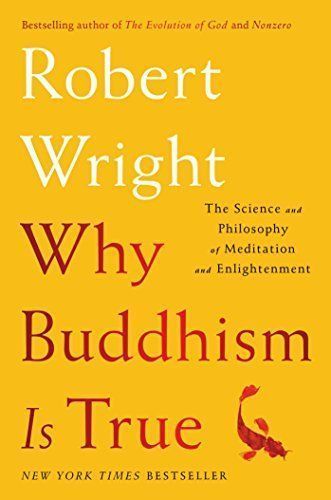
Reviews
John Manoogian III@jm3
Heiki Riesenkampf@hrk
Raúl Barroso Moreno@raulb
Mounir Bashour@bashour
Stewart Scott@stewart
Omar@omareduardo
Omar@omareduardo
Lucas Coelho@coelholucas
Jamie Thingelstad@jthingelstad
Stephen James@stephenjames
Kwame Annor@annor
Ian Mason@thedimpause
fvrests@oat
Alfred Brown@alfred00000
Sang Le@chubz2024
Kayla Higginbotham@kaylahigginbo
Marcello Faiazza@maleph
Branko Sabaric@bsabaric
brittany forks@brit
Keven Wang@kevenwang
Danny olivo@dannyo
Drew Spartz@drewspartz
Andy Sporring@andysporring
Ian Betteridge@ianbetteridge
Highlights
Jamie Thingelstad@jthingelstad
Page 104
Jamie Thingelstad@jthingelstad
Page 103
Jamie Thingelstad@jthingelstad
Page 96
Jamie Thingelstad@jthingelstad
Page 71
Jamie Thingelstad@jthingelstad
Page 63
Jamie Thingelstad@jthingelstad
Page 62
Jamie Thingelstad@jthingelstad
Page 57
Jamie Thingelstad@jthingelstad
Page 40
Jamie Thingelstad@jthingelstad
Page 33
Jamie Thingelstad@jthingelstad
Page 29
Jamie Thingelstad@jthingelstad
Page 21
Jamie Thingelstad@jthingelstad
Page 18
Jamie Thingelstad@jthingelstad
Page 14
Jamie Thingelstad@jthingelstad
Page 12
Jamie Thingelstad@jthingelstad
Page 8